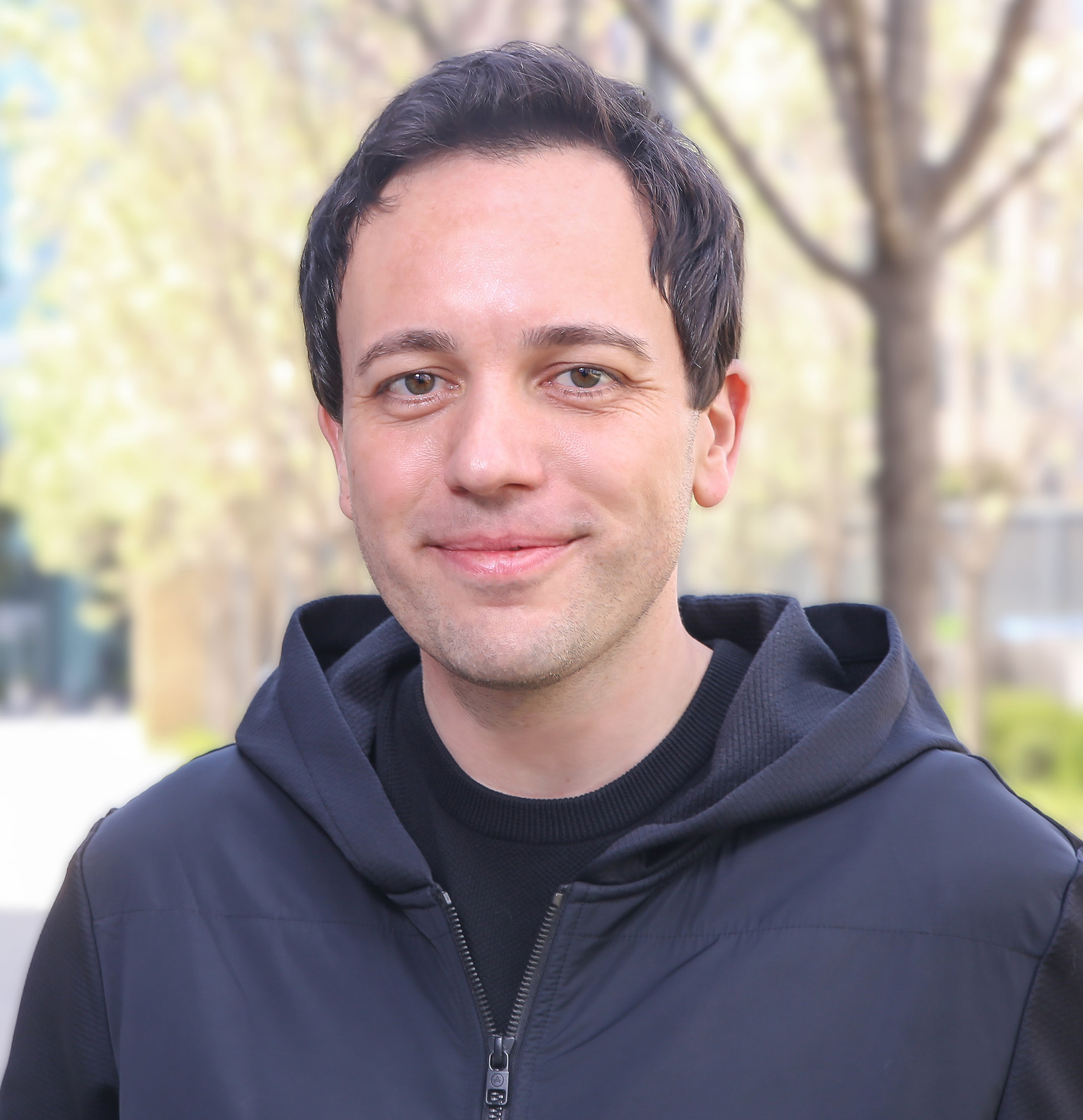Event Details:


Zachary Knight, PhD
Assistant Professor of Physiology,
University California San Francisco - UCSF
Investigator of the Howard Hughes Medical Institute
Host: Matt Lovett-Barron - Postdoc in Deisseroth Lab)
Abstract
Our research investigates the neural mechanisms that govern hunger and thirst. Nearly a century ago, lesioning studies suggested that these fundamental drives originate from deep brain stuctures such as hypothalamus that are specialized for monitoring internal state. However the structure and dynamics of the underlying neural circuits has long been a mystery. Over the past few years, we have observed the natural activity of some of the key cell types that control eating and drinking in freely behaving animals. This has unexpectedly revealed that these neurons also receive sensory information from the outside world, which they use predict impending physiologic changes and adjust behavior preemptively. I will discuss our work investigating how these homeostatic circuits integrate external sensory cues with internal signals arising from the body in order to generate and shape goal-directed behaviors.
Curriculum vitae
Related papers
[1] Leib DE*, Zimmerman CA*, Poormoghaddam A, Huey EL, Ahn JS, Lin YC, Tan CL, Chen Y, Knight ZA (2017). The forebrain thirst circuit drives drinking through negative reinforcement. Neuron 96: 1272–1281. Published online 20 December 2017. DOI: 10.1016/j.neuron.2017.11.041
[2] Zimmerman CA, Huey EL, Ahn JS, Beutler LR, Tan CL, Kosar S, Bai L, Chen Y, Corpuz TV, Madisen L, Zeng H, Knight ZA (2019). A gut-to-brain signal of fluid osmolarity controls thirst satiation. Nature 568: 98–102. Published online 27 March 2019. DOI: 10.1038/s41586-019-1066-x